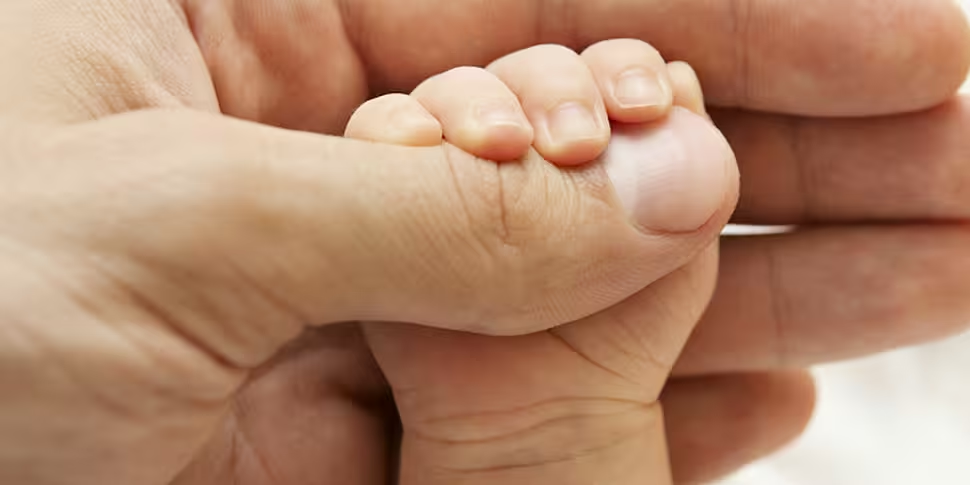Researchers claim iodine deficiency during pregnancy could lower childrens' IQ.
They're advising women to make sure they mantain levels by eating dairy products and fish.
Iodine's essential for producing the hormones made by the thyroid gland, which have a direct effect on foetal brain development.
The Lancet has published the Children of the 90s report today - it raises concerns that the iodine status of pregnant women is a public-health issue that needs to be addressed.
Although the potentially harmful effects of severe iodine deficiency on brain development are well-established, very few studies have examined the effect of mild or moderate iodine deficiency during pregnancy on cognitive development in the child.
Deficiencies defined
Following World Health Organisation guidelines on recommended concentrations of iodine during pregnancy, they classified women who had an iodine-to-creatinine ratio [1] of less than 150 μg/g as being iodine deficient, and those with a ratio of 150 μg/g or more as iodine sufficient. Over two thirds (67 per cent) of the women fell into the category of less than 150μg/g.
Mental development of the women’s children was assessed by measuring child IQ at age 8 and reading ability at age 9.
Professor Margeret Rayman of Surrey University says, "Our results clearly show the importance of adequate iodine status during early pregnancy, and emphasise the risk that iodine deficiency can pose to the developing infant...’
Writing in a linked Comment, Alex Stagnaro-Green of George Washington University, Washington DC, USA, says the findings should be regarded as 'a call to action to public health policy makers'.
The study of around 1,000 women was carried out by researchers at Surrey and Bristol universities.









